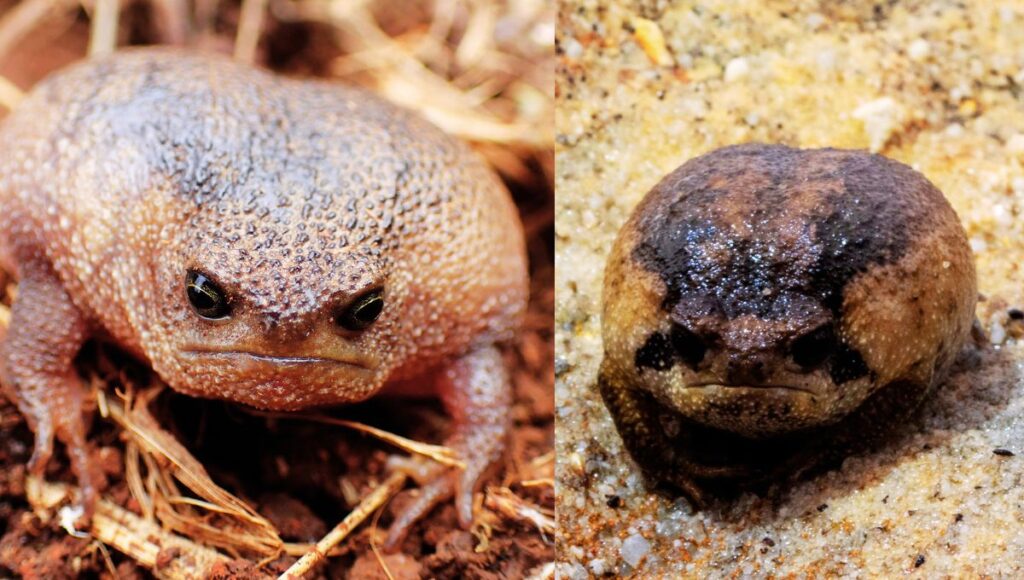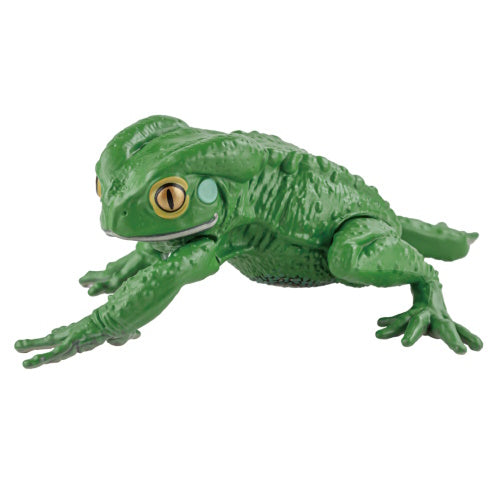Common Wellness Issues in Reptiles: Signs And Symptoms and Solutions
In the detailed globe of reptile care, recognizing the usual health concerns that might influence these distinct animals is vital in ensuring their health. Whether it's grappling with parasitic problems, navigating dehydration worries, or resolving skin disorders that manifest in refined ways, being attuned to the symptoms and geared up with the understanding of reliable services is vital for any reptile owner.
Respiratory System Infections
Respiratory system infections in reptiles can dramatically impact their overall health and require prompt focus from knowledgeable vets. These infections are typically triggered by viruses, bacteria, or fungi and can manifest through symptoms such as wheezing, nasal discharge, open-mouth breathing, and sleepiness. In reptiles, respiratory system infections can be particularly challenging to identify and treat as a result of their unique makeup and physiology. Veterinarians typically depend on a combination of physical exams, diagnostic imaging, and lab tests to properly identify the underlying reason for the infection.
Treatment for respiratory system infections in reptiles normally includes a combination of encouraging treatment, such as preserving appropriate humidity degrees and temperature slopes in the unit, as well as targeted medication to deal with the certain microorganism responsible for the infection. It is critical for reptile owners to check their animals very closely for any type of signs of breathing distress and look for vet care at the earliest indication of a problem. With prompt treatment and proper therapy, several reptiles can recover totally from respiratory infections and return to typical tasks.

Metabolic Bone Illness
What variables add to the advancement of Metabolic Bone Illness in reptiles?
Metabolic Bone Condition (MBD) in reptiles is largely triggered by a lack of correct calcium, phosphorus, and vitamin D3 levels in their diet plan. When reptiles do not get sufficient calcium, either with their food or proper UVB direct exposure for vitamin D3 synthesis, they are at a high threat of establishing MBD. Reptiles with diets low in calcium or imbalanced calcium to phosphorus ratios are especially vulnerable. In addition, inadequate direct exposure to UVB light prevents reptiles from synthesizing vitamin D3, which is crucial for calcium absorption and bone wellness.
Not enough moisture degrees can likewise impact a reptile's capacity to metabolize calcium properly. Normal veterinary exams, appropriate husbandry techniques, and a well balanced diet regimen are necessary to stop Metabolic Bone Illness in reptiles.
Parasitical Infestations
Parasitical infestations position a significant health and wellness danger to reptiles, affecting their total well-being and needing punctual veterinary attention. Reptiles can be influenced by numerous parasites, including termites, ticks, inner worms, and protozoa. These parasites can cause a range of signs and symptoms, such as weight-loss, sleepiness, skin irritability, looseness of the bowels, and also fatality if left unattended.
One usual bloodsucker located in reptiles is the mite, which can create skin anemia, stress, and irritation. Ticks are an additional external bloodsucker that can cause and transmit conditions discomfort to the reptile. Inner bloodsuckers like worms and protozoa can lead to digestive system concerns, malnutrition, and damage the reptile's immune system.
To detect a parasitical infestation, a vet may do fecal tests, skin scrapings, or blood tests. Therapy often involves deworming drugs, antiparasitic bathrooms, or in severe instances, hospitalization. Preventative actions such as normal vet examinations, appropriate hygiene, and quarantine procedures for brand-new reptiles can help lessen the risk of parasitic infestations and ensure the wellness of reptile family pets.
Dehydration and Hydration Issues
Dehydration in reptiles can significantly influence their wellness and well-being, requiring prompt intervention and suitable hydration administration. Reptiles are prone to dehydration because of various variables such as poor water intake, high environmental temperature levels, and certain health and wellness conditions. Symptoms of dehydration in reptiles consist of sunken eyes, sleepiness, loss of skin elasticity, and decreased urination. Dehydration can lead to major health issues and even be fatal to the reptile - rain frog for sale. if left neglected.
To avoid dehydration, reptile proprietors must make sure that their family pets have access to tidy water in all times. The water recipe need to be huge enough for the reptile to take in if needed, particularly for species that soak up water via their skin. Additionally, preserving appropriate moisture degrees in the reptile's enclosure and providing normal bathrooms can assist prevent dehydration.
In cases of dehydration, it is crucial to look for vet treatment without delay. A veterinarian may provide fluids you can try here either by mouth or with shots to rehydrate the reptile. It is vital to attend to the underlying root cause of dehydration to stop recurrence and make certain the reptile's general wellness.
Skin Conditions

Verdict

Respiratory infections in reptiles can dramatically impact their total health and call for timely focus from experienced veterinarians (rain frog for sale). Preventative measures such as routine veterinary exams, appropriate hygiene, and quarantine procedures for new reptiles can aid reduce the risk of parasitical problems and guarantee the health of reptile animals
If left without treatment, dehydration can lead to significant health issues and also be deadly to the reptile.
Consistently inspecting your reptile for any type of adjustments in skin texture, color, or look can help in very early discovery and treatment of skin ailments, promoting the overall health and well-being of your scaly companion. - rain why not find out more frog for sale
In final thought, reptiles are prone to different wellness issues such as respiratory infections, metabolic bone illness, parasitical infestations, dehydration, and skin conditions.
Comments on “Rain Frog for Sale: Check Out Unusual Amphibian Family Pets at Unbeatable Costs!”